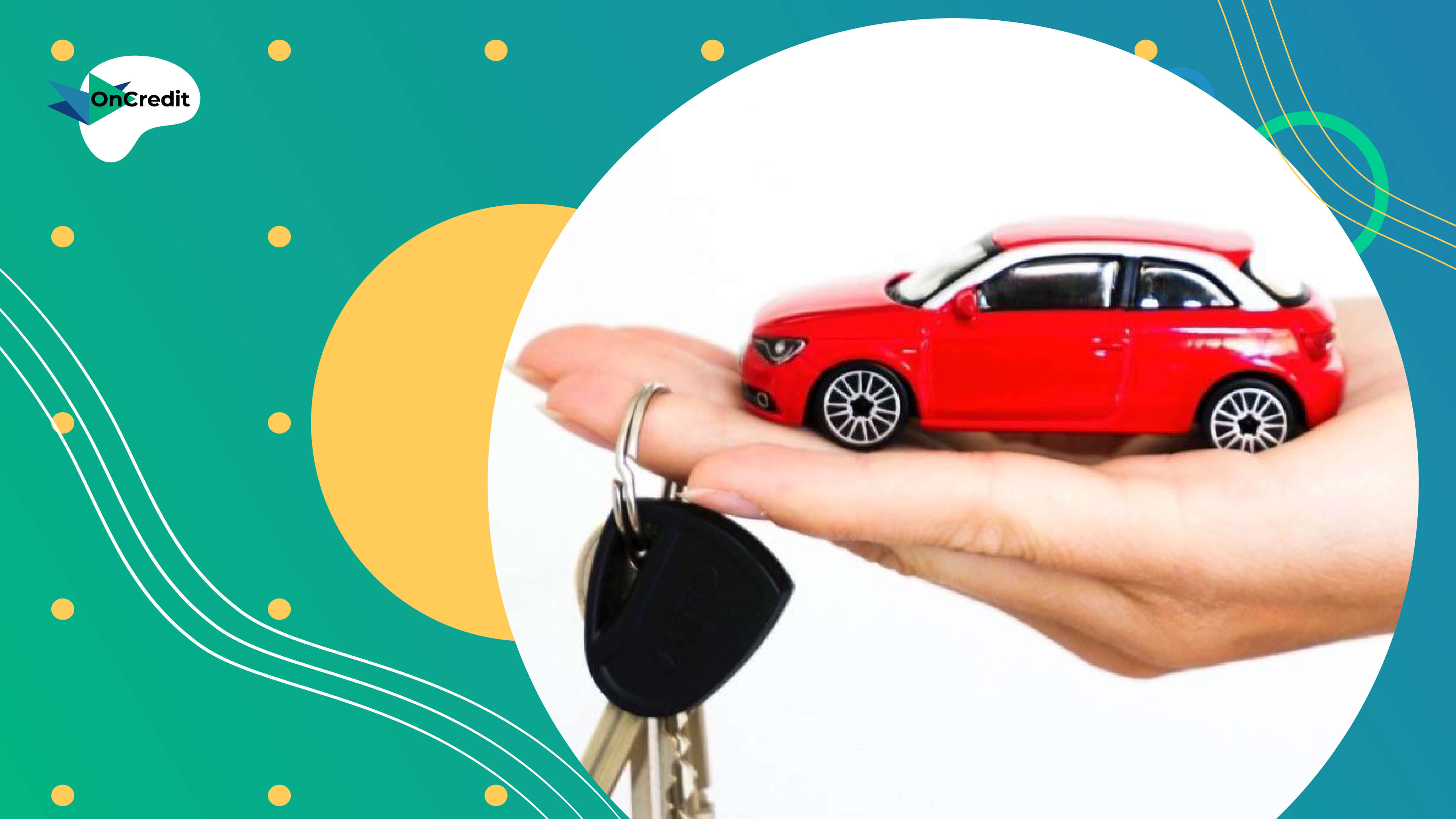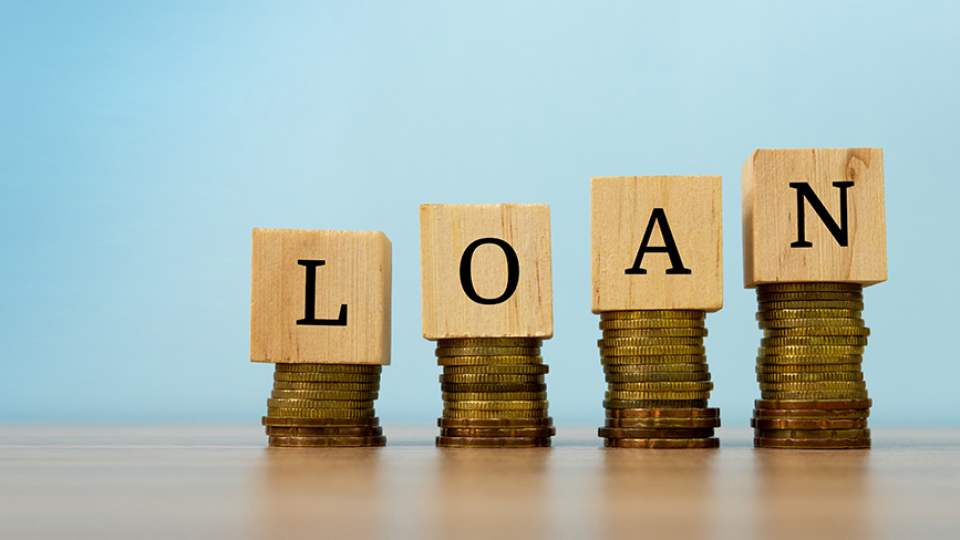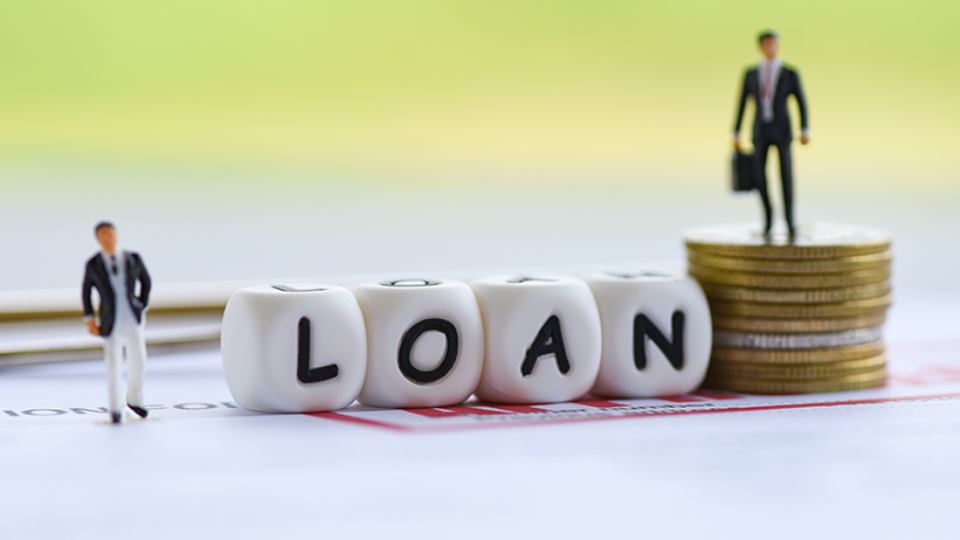A car is something quite a lot of us dream about in Sri Lanka. Our public transportation system is unreliable and inconvenient, especially when traveling for work or social outings, while tuks tend to be unsafe at times and unsuitable for certain outings. Taxis and cabs are extremely expensive as a permanent mode of transportation. For any frequent traveler, owning a car could solve a lot of existing problems. However, cars are one of the most expensive items in Sri Lanka, with almost 90-120% tax added on to the price of the vehicle, which means that you could buy the latest model of a luxury car abroad for the price of a mid-range sedan here. Cars are so highly-valued in Sri Lanka that it has come to be something of a status symbol - a professional is expected to own a car, a young person buying their own car is applauded by society, cars are even gifted as inheritance during marriage. Every up-and-coming young individual dreams of owning their own car in their youth.
If you earn a decent amount annually and are well on your way to financial prosperity through your own hard work, perhaps the time is right to consider buying your own car...but can you really afford it?
Here are some questions to ask yourself if you’re wondering about whether you can afford your first car.
How much cash do I have in hand?
You might have just landed your first 6-figure salary paying job after many years of slaving away for less. What better way to celebrate this milestone than by buying your first car? Unfortunately, in Sri Lanka, it’s not such a simple decision. If this is your first well-paying job, chances are your financial stability is not so great. You might have little to no savings and no emergency fund in place. This is extremely important for many reasons. It is very likely that you will not be able to purchase your first car with cash outright unless you receive assistance from your parents - you will need to borrow for it, which means that you will be paying off bank loans for the next 2-3 years minimum. During this time, a significant chunk of your income will be going towards loan repayments which means that in the event of an unexpected expenses or medical emergency, you might have to choose between your loan instalment and this expense. If you have no extra money once your debt repayment is done, you would need to resort to short-term quick loans from money lenders like OnCredit.lk to cover these unexpected expenses.
You need to prepare these three things before you think about buying your first car.
Savings
You need to have compiled a good savings fund that will generate the maximum returns over the duration of your loan repayment. This savings should be at least a few lakhs strong and must not be touched.
Emergency Fund
Your emergency fund needs to be substantial as it should be able to cover any unexpected expense until you repay your loan. Your emergency fund should be as big as, if not more than, your savings pile and should be readily available for you should you need it i.e. easy to liquidate.
Down Payment for Car
Finally, you need to have at least a few lakhs saved up to contribute to your car payment upfront. Don’t think about buying a car unless you have saved up some money especially for this purpose. The act of steadfastly saving up for your first car will really help you understand whether you really want the car and are willing to make certain sacrifices to be able to afford it.
How will you fund the car payment?
.jpg)
Now that you have taken care of your finances to handle the workings of your daily life, it’s time to think about the actual payment for the car.
The two most common ways of financing car purchases are through leases and bank loans.
Leases
Leases are more common as it is, very simply, an arrangement where the bank will buy the vehicle for you and you need to repay the bank over a time period. You can use the vehicle as your own during this time but the vehicle will remain registered to the bank until the amount is repaid. The catch is that if you are unable to repay your lease, the bank will seize your vehicle and you risk losing all your payments made towards the vehicle. Leases are easier to obtain as there is less risk for the bank.
Bank Loans
.jpg)
Bank loans provide you with a sum of cash upfront which you will use to buy the car. The car will remain entirely owned by you and you can repay the loan over the agreed time period. If you’re a first-time borrower, it is likely that the bank will not approve you for a loan large enough to cover the entire value of the car.
It is best to approach a few banks and find out their going interest rates and benefits, as well as determining how much of a loan you are eligible for.
How much car can I afford?
Think about your monthly income - and then think about how much of that you can comfortably contribute towards car payments. Even if you have little to no commitments, banks are allowed to collect only around 60-70% of your monthly income as loan instalments. The amount of money you can contribute each month is your loan instalment and then think about how long a commitment you are able to make. Factor in things such as upcoming events e.g. higher studies, marriage, children, macroeconomic stability etc. and make your decision. That should give you a realistic number to start your car shopping from.
Additional Costs
Something that a lot of first-time car owners fail to factor into their financial planning, is that buying a car involves far more than the cost of your car .You also need to pay for insurance, registration fees, revenue license as well as fuel and general maintenance. Your car will cost you much more than its value as time goes on by. The upside is that, if maintained well and you bought a valued car, you can re-sell it for a good amount in future.
If you’ve gone through the above information and are confident that buying a car is feasible, then you have your answer. Happy car hunting!








